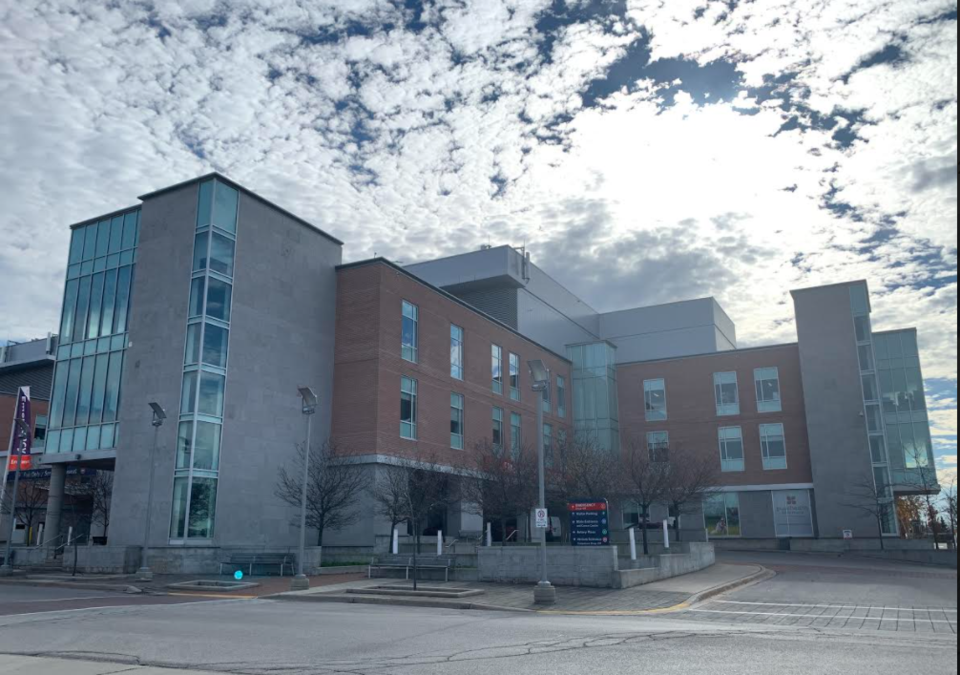According to the online database Statista, the most popular New Year’s resolution among Americans for 2025 is to “save more money.” Surprisingly, at least to me, it beat out “eating healthier” and “exercising more,” which took the next two spots.
I have a feeling that would be the same answer if the question were asked of Barrie city councillors, who passed their 2025 operating and capital budgets just before the Christmas break.
While containing a few new goodies, such as the start of Lakehead University’s STEM hub at the site of the current downtown transit terminal and a new splash pad in the southwest end of the city, the emphasis seemed to be on holding the tax increase needed to pay for the operating budget to zero.
And, from that point of view, the budget was a success. Sort of.
The zero per cent excludes the two per cent “contribution” to the infrastructure investment fund.
While I recognize the importance of this additional levy – I was part of the council that introduced it in an effort to close what was called the "infrastructure gap” between what was being spent and what was needed to maintain the city’s roads and buildings – it has always seemed a bit disingenuous to separate it from the property tax hike.
It’s kind of like all those extra charges that are tacked on when you buy a car. Since they aren’t optional, why aren’t they included in the price?
And the city’s operations budget doesn’t take into account such matters as the police, social services, land ambulance, the health unit, the library and the conservation authorities, which together make up more than one-third of the final tax bill. The Barrie Police Service, the single largest city budget line, is asking for almost seven per cent more in funding for 2025.
Those will all be added during the final stage of the budget discussions early in the new year.
Actually, 'discussions' might not be the right word. Based on what has happened in the past, some councillors will lash out at what they see as irresponsible spending on the part of organizations such as the library — even when they meet the city’s budget targets — largely give the police a pass and then approve the final increase.
As they have to. The reality is, council has little say in most of these budgets. Basically, the city has to pay up.
In the end, Barrie property taxpayers can likely expect to see an increase similar to last year’s 4.82 per cent, which worked out to $228 for the average homeowner, and about what the annual increase has been for the past couple of decades.
And councillors are likely to learn at some point over the next few months just how difficult it will be to keep future increases down even to that level.
Everyone knows Royal Victoria Regional Health Centre (RVH) will soon be asking for a municipal contribution to its much-needed expansion of the Georgian Drive campus and the creation of a new hospital site in Innisfil.
As I’ve written before, municipalities are expected to contribute at least 10 per cent of the capital costs. When RVH’s last expansion got underway in 2009, Barrie taxpayers kicked in $52.5 million of the $450-million cost.
This expansion is expected to cost somewhere around $3 billion, meaning Barrie’s share will be at least $100 million and quite likely much more. Spread over 10 years, that would be upwards of $10 million each year, at least a three per cent tax hike on top of everything else.
That New Year’s resolution to save more money is going to become more and more difficult to keep.
Barry Ward is a veteran editor and journalist who also served on Barrie city council for 22 years. His column appears regularly on BarrieToday.



